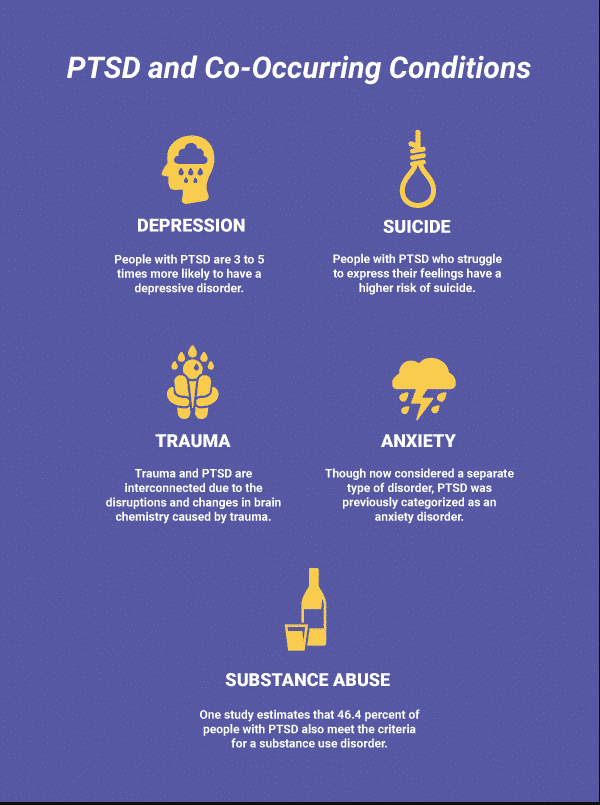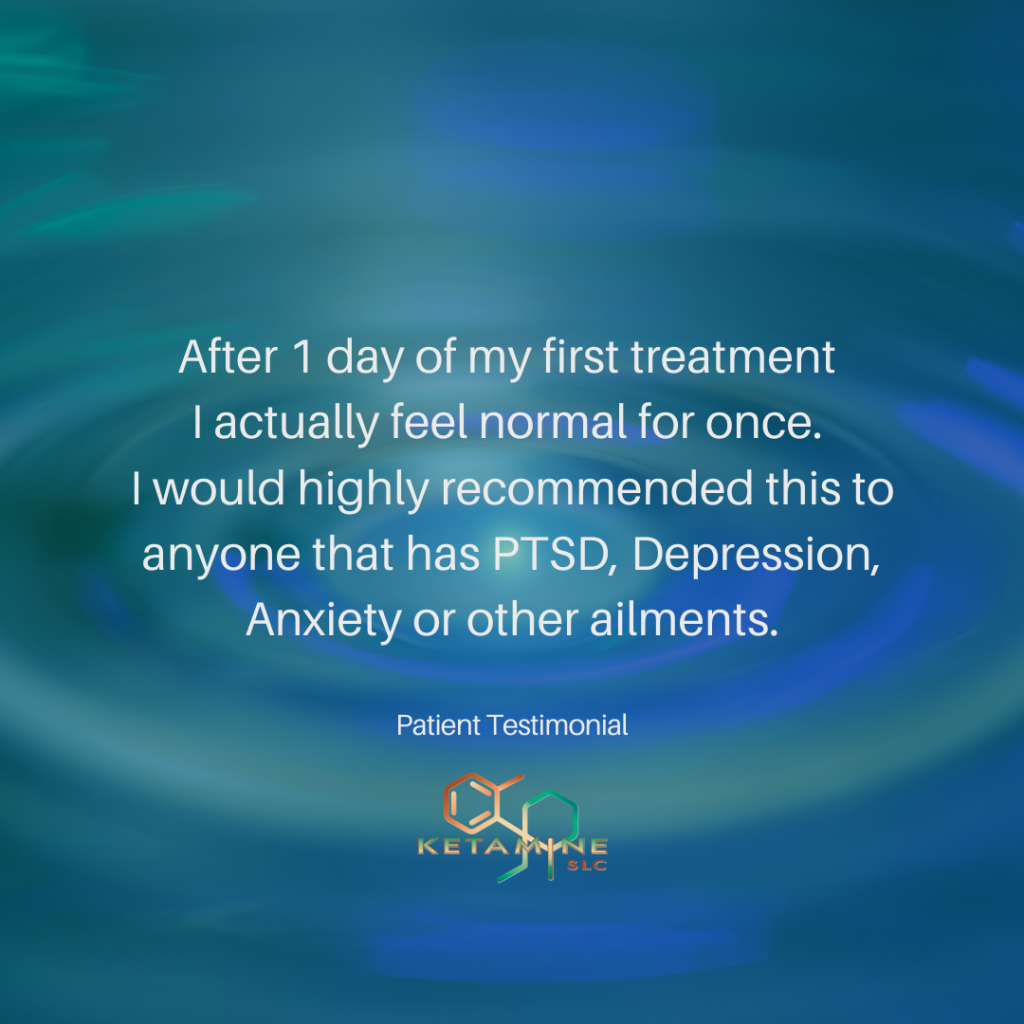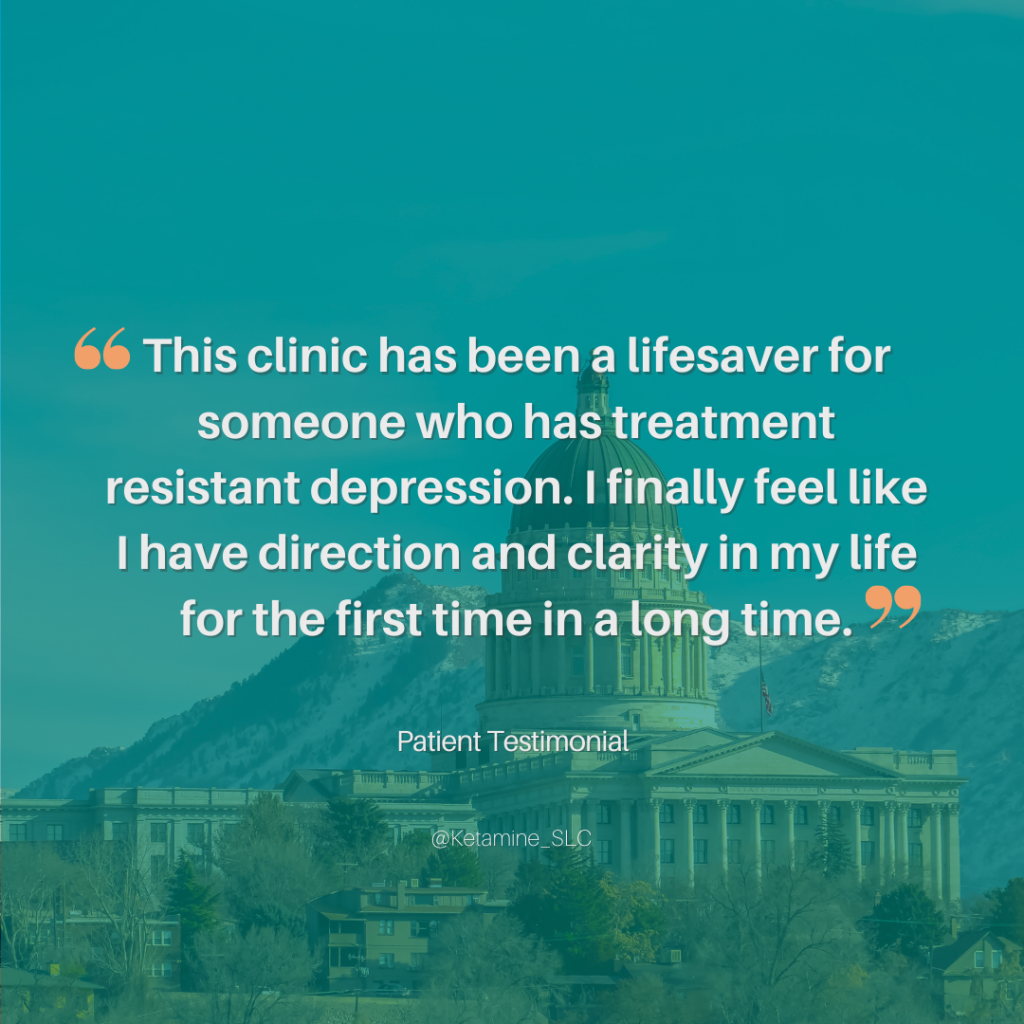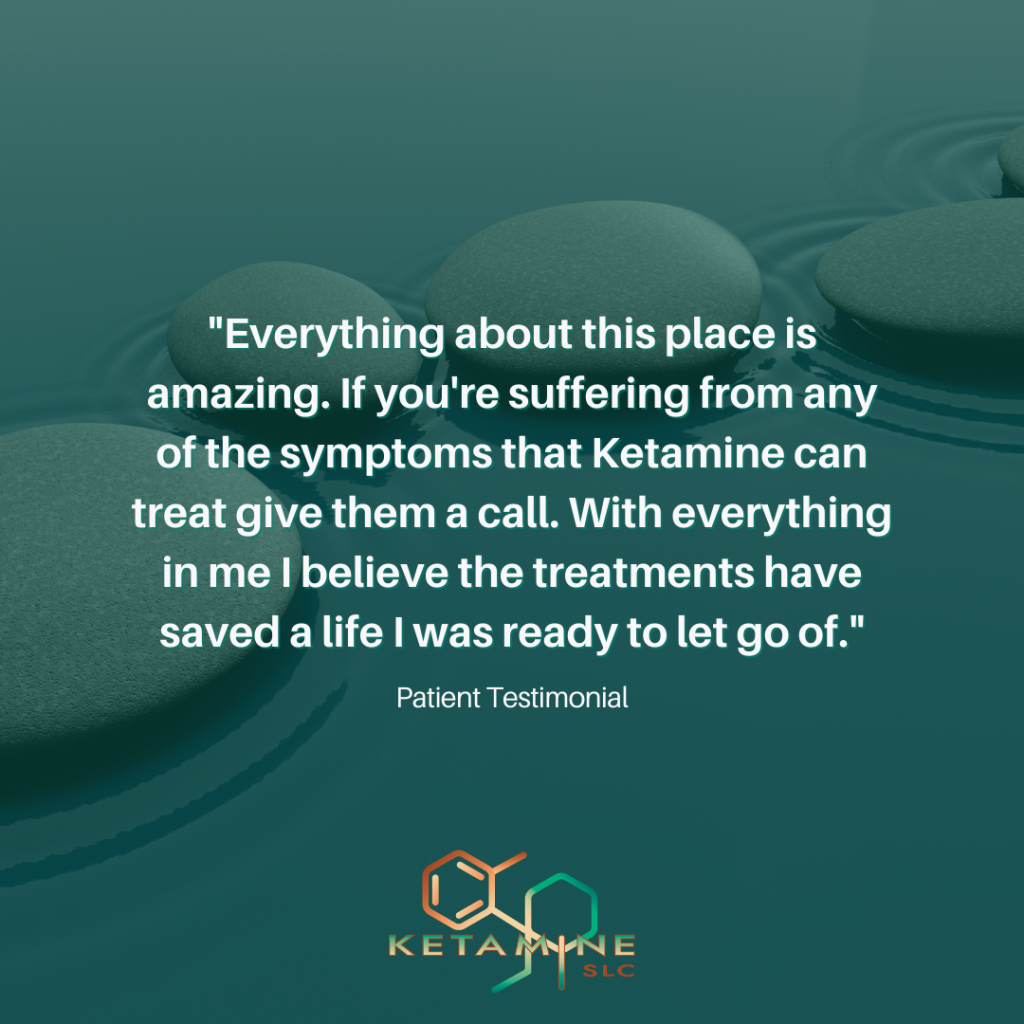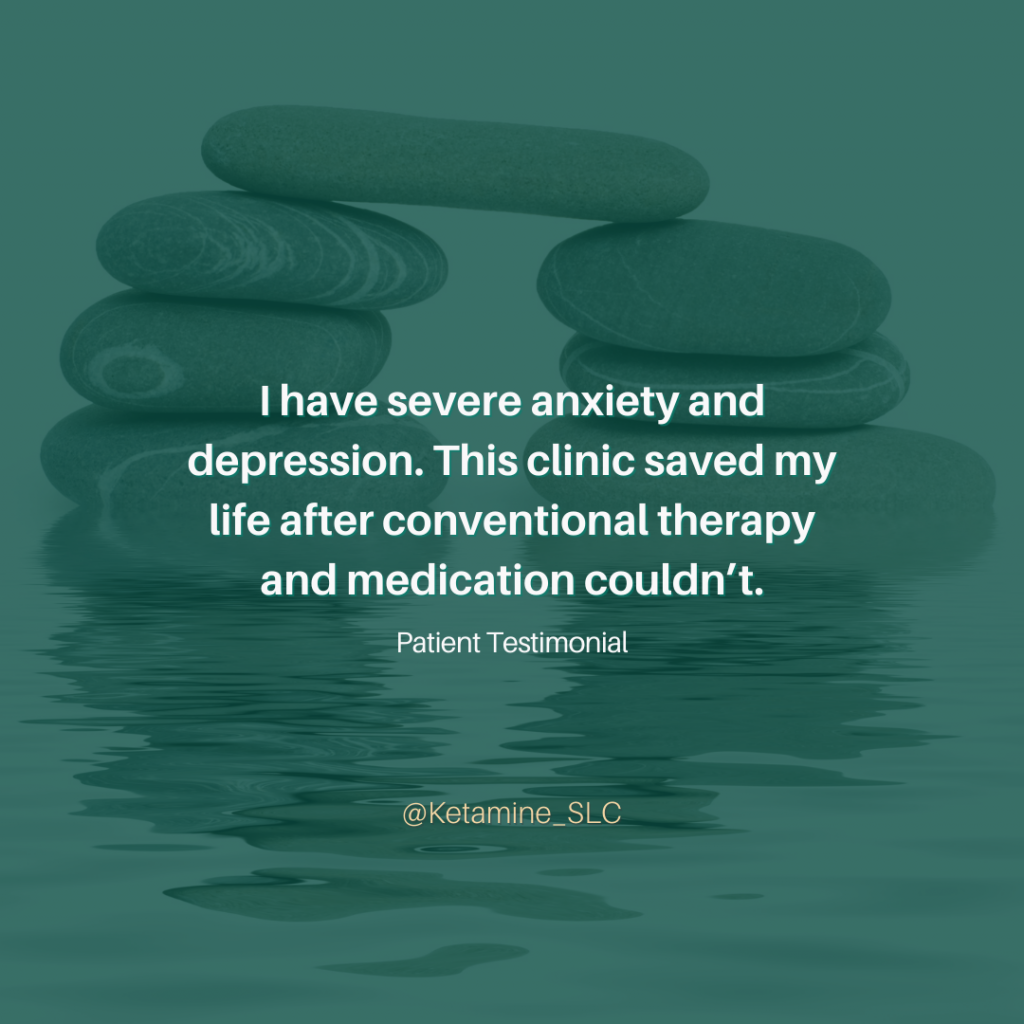PTSD is a debilitating anxiety disorder characterized by intrusive re-experiences of the traumatic events, avoidance of situations and stimuli that could serve as reminders of these events, and feeling jumpy or easily startled. Patients with PTSD are often also depressed, and many have significant memory impairments.
While PTSD has long been associated with veterans of conflict, the disorder can strike anyone who’s witnessed, or been through, a life-altering or dangerous event.
For example, many survivors of sexual abuse, natural disasters, and car accidents can suffer from PTSD.
Your body and mind typically operate in a fight-or-flight mode and when you’re involved in a traumatic event, this hard wiring is affected. The result can be acute PTSD, which resolves itself on its own as your body readjusts, or long-term and chronic PTSD, which resists treatment.

